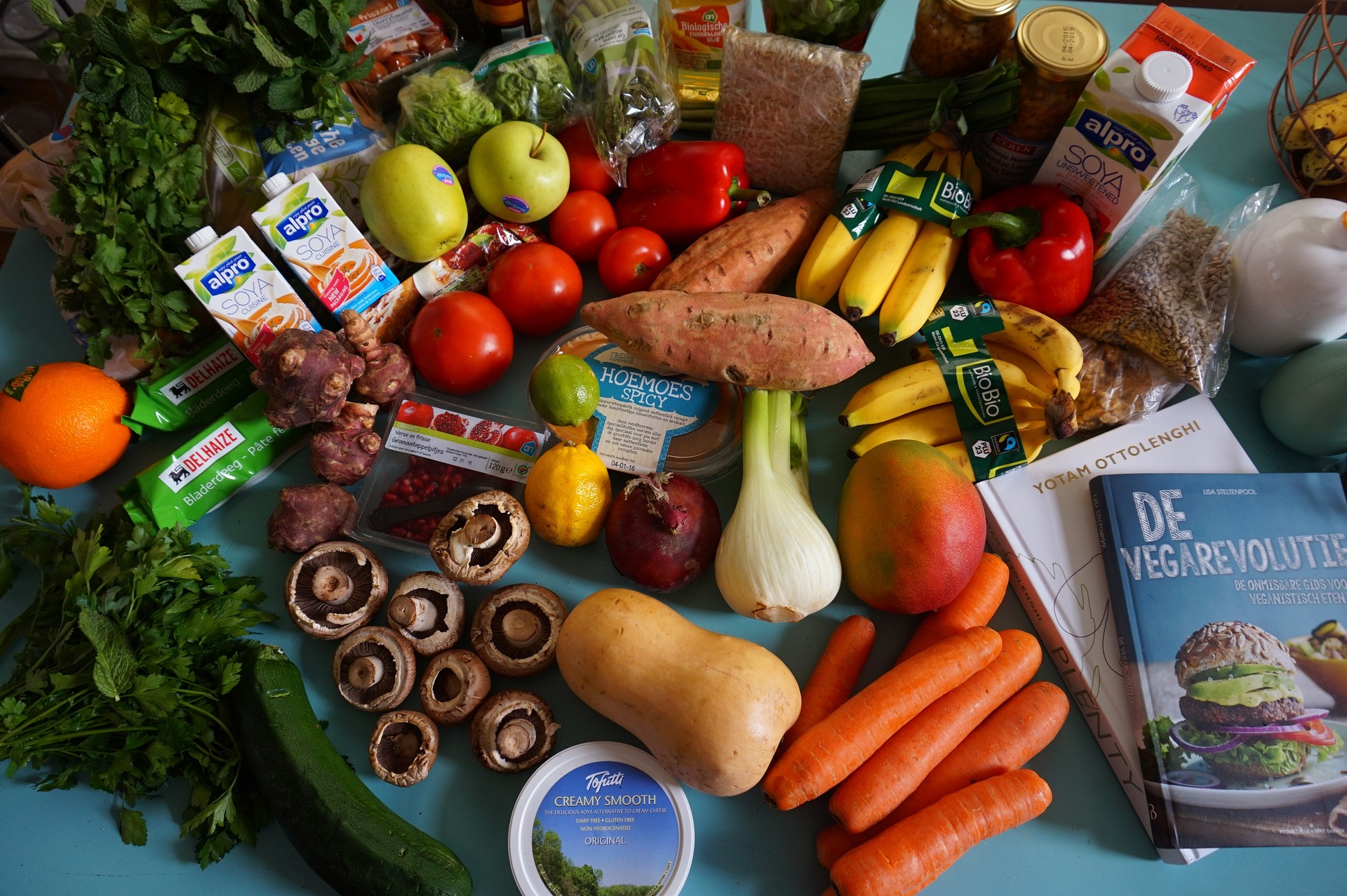Urban Farming: Cultivating Sustainability in Concrete Jungles
As we navigate the 21st century, the concrete jungles we've erected seem to have distanced us from our agrarian roots. Yet, an intriguing trend is bridging this gap: urban farming. Read below to discover how this modern movement is reshaping our cities and societies.
Reconnecting with the Past
Urban farming, or urban agriculture, is a practice that traces its roots to ancient civilizations. In the heart of Mesopotamia, Egypt, and Rome, city dwellers cultivated crops within city limits, a testament to the timeless relevance of urban farming. Today, this age-old practice is experiencing a renaissance due to increased environmental consciousness and the need for sustainable living.
The Contemporary Urban Farming Landscape
The modern urban farming movement is a multifaceted phenomenon, encompassing everything from rooftop gardens to community farms. It’s driven by an array of factors, including the desire for sustainable living, the need for food security, and the pursuit of community cohesion. In the face of rapid urbanization, urban farming offers a green oasis, contributing to biodiversity and offsetting carbon emissions.
The Societal Impact of Urban Farming
Urban farming is not just about growing plants; it’s a social movement reshaping our cities and societies. By transforming vacant lots and rooftops into verdant spaces, it beautifies urban landscapes and enhances residents’ quality of life. It promotes community cohesion, enabling city dwellers to reconnect with nature and each other. In terms of food security, it increases access to fresh produce, especially in food deserts where access to quality food is limited.
The Research Behind Urban Agriculture
Research supports the benefits of urban farming. Studies indicate that urban farms can significantly reduce carbon emissions, improve air quality, and enhance biodiversity. Additionally, they play a crucial role in promoting mental health, with gardening proven to reduce stress and improve mood. Importantly, urban farming also empowers communities by creating jobs and fostering a sense of ownership and pride.
The Future of Urban Farming
As urban farming continues to gain traction, it’s clear that it’s not just a fleeting trend but a transformative movement. It’s paving the way for more sustainable cities, fostering community cohesion, and improving food security. As we look towards a future marked by increasing urbanization, urban farming offers a beacon of hope, reminding us that even in the heart of our most bustling metropolises, nature can find a way.
By delving into the world of urban farming, we uncover a fascinating intersection of history, sociology, and modern trends. This movement is a testament to the resilience of nature and human innovation, offering a compelling blueprint for sustainable urban living. As we continue to shape our cities and societies, urban farming serves as a reminder of the power of reconnecting with our roots.





